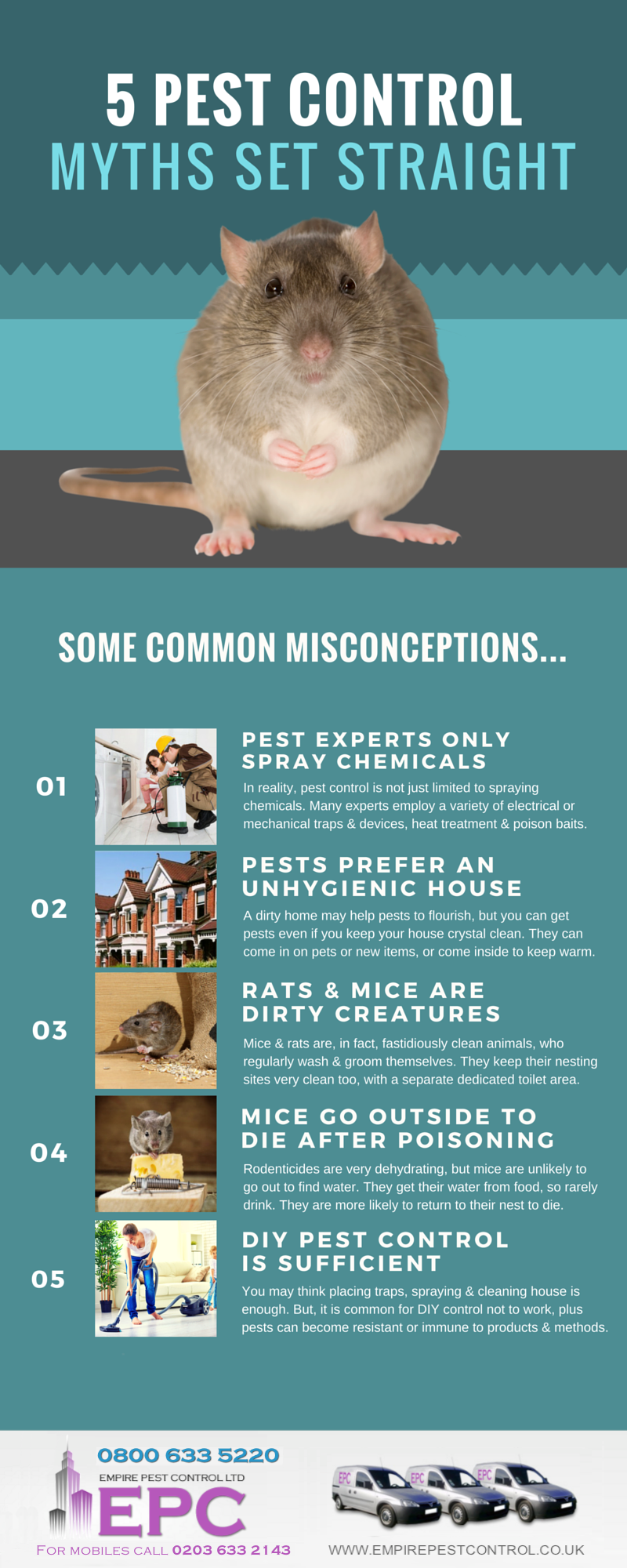Tips For Homeowners To Keep Rodents Out Of Their Attics
Tips For Homeowners To Keep Rodents Out Of Their Attics
Blog Article
home fumigation cost -Sutherland Hutchinson
Picture your attic as a comfortable Airbnb for rats, with insulation as fluffy as resort cushions and wiring a lot more tempting than room solution. Now, visualize these unwanted visitors throwing a wild party in your home while you're away. As a house owner, ensuring your attic is rodent-proof is not nearly satisfaction; it's about safeguarding your property and loved ones. So, what basic actions can you take to secure your sanctuary from these hairy intruders?
Examine for Entrance Details
To start rodent-proofing your attic, evaluate for entry points. Start by meticulously examining the outside of your home, seeking any type of openings that rats might utilize to gain access to your attic. Check for gaps around energy lines, vents, and pipelines, in addition to any type of splits or openings in the structure or siding. See to it to pay close attention to areas where different building materials meet, as these are common entry points for rats.
Additionally, inspect simply click the next website for any kind of harmed or missing out on tiles, along with any type of spaces around the edges where rodents could squeeze with. Inside the attic room, search for indicators of existing rodent activity such as droppings, ate wires, or nesting materials. Use a flashlight to extensively inspect dark corners and covert areas.
Seal Cracks and Gaps
Examine your attic extensively for any cracks and spaces that need to be sealed to avoid rodents from getting in. Rats can press with also the smallest openings, so it's critical to seal any prospective access points. Examine around pipelines, vents, cables, and where the walls satisfy the roofing system. Use a mix of steel woollen and caulking to seal off these openings effectively. Steel wool is an exceptional deterrent as rats can't eat through it. Make visit the following webpage that all voids are tightly secured to reject accessibility to unwanted pests.
Don't forget the importance of securing voids around doors and windows too. Use weather stripping or door moves to secure these areas successfully. Check Visit Webpage where energy lines get in the attic and secure them off making use of a suitable sealer. By making the effort to secure all fractures and voids in your attic room, you develop a barrier that rodents will discover difficult to violation. Avoidance is key in rodent-proofing your attic room, so be comprehensive in your efforts to seal any type of possible access points.
Remove Food Sources
Take proactive measures to remove or store all potential food resources in your attic to prevent rodents from infesting the room. Rodents are drawn in to food, so removing their food sources is essential in keeping them out of your attic.
Right here's what you can do:
1. ** Shop food safely **: Prevent leaving any type of food items in the attic. Store all food in closed containers constructed from metal or sturdy plastic to avoid rats from accessing them.
2. ** Clean up particles **: Get rid of any kind of stacks of debris, such as old newspapers, cardboard boxes, or wood scraps, that rodents can make use of as nesting material or food resources. Maintain the attic clutter-free to make it much less appealing to rats.
3. ** Dispose of trash effectively **: If you utilize your attic for storage and have trash or waste up there, see to it to get rid of it routinely and properly. Rotting garbage can attract rodents, so keep the attic room tidy and without any natural waste.
Conclusion
Finally, remember that an ounce of avoidance deserves a pound of treatment when it comes to rodent-proofing your attic.
By making the effort to inspect for access factors, seal fractures and gaps, and get rid of food sources, you can maintain unwanted insects away.
Keep in mind, 'An ounce of prevention deserves a pound of remedy' - Benjamin Franklin.
Stay aggressive and safeguard your home from rodent problems.
